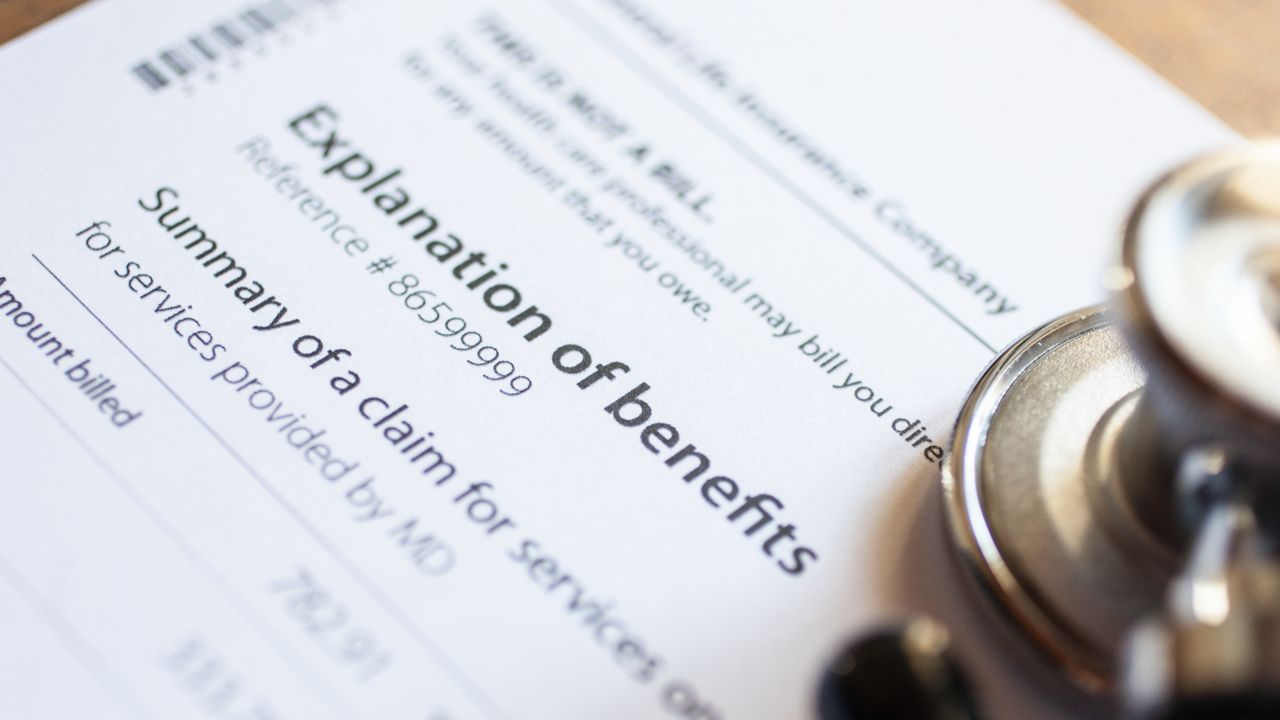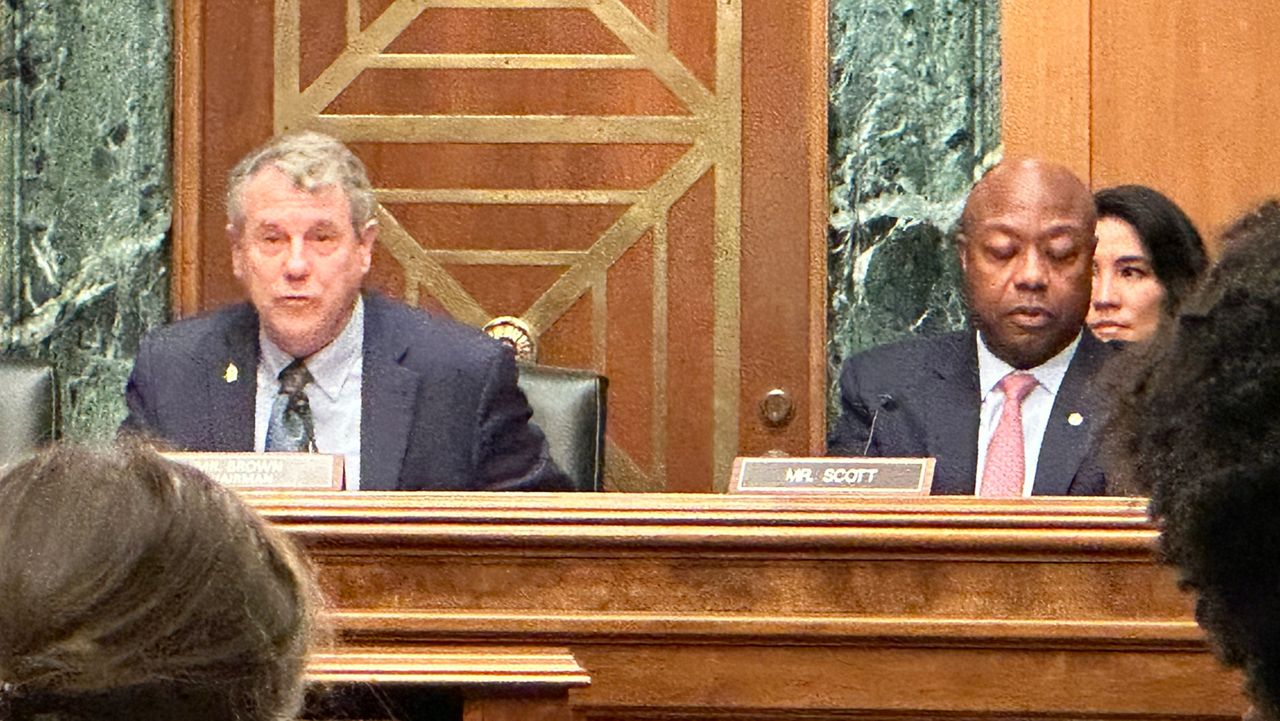WASHINGTON, D.C. — The Affordable Connectivity Program has officially expired and is distributing its remaining funds this month. Millions of Americans who previously received $30 a month for internet service will get $14 in May before the program ends completely.
What You Need To Know
- The Affordable Connectivity Program expired May 1, though partial funds are available through the month
- Renewing ACP funding has bipartisan support, but neither the Senate nor House has voted on it
- One Senate committee may use another bill as a vehicle to force ACP funding to a vote
Sen. Sherrod Brown, D-Ohio, and Sen. JD Vance, R-Ohio, both cosponsored a $7 billion extension of the program in January. The measure remains stalled in committee.
“I think a lot of it is priorities. Other people—the chair and the ranking member—they have other priorities,” Vance said. “Not that those priorities are bad, but sometimes I think good programs fall through the cracks.”
The Senate Commerce Committee is trying a different strategy: using another bill as a vehicle to force ACP funding to a vote. Sen. Maria Cantwell, D-Wash., added the funding as an amendment to another telecommunications bill, the Spectrum and National Security Act, that is coming up for a vote.
Even if the extension passes the Senate, House Speaker Mike Johnson, R-La., has not acted to renew the program, apparently due to concerns about government spending amid the national deficit. His office did not respond to multiple requests for comment.
Other Republicans have voiced concerns that the ACP is too big. Currently, households qualify for the subsidy if their income is below 200% of the federal poverty line, which for a family of four would come to $62,400 in 2024. About 40% of U.S. households qualify, according to Sen. John Thune, R-S.D.
“As is currently designed, ACP does a poor job of directing support to those who truly need it, namely those who would not get service without a subsidy,” Thune said at a Thursday hearing by the Senate Commerce Committee’s Subcommittee on Communications, Media and Broadband.
Some are also concerned that the program has an inflationary effect. Paul Winfree of the conservative think tank Economic Policy Innovation Center testified at the hearing that the average cost of broadband was about $5.48 higher because of ACP.
Proponents argued the funds invested in the program pay for itself in other ways.
“Yes, the ACP program cost money, but if you give people access to broadband and they’re able to participate in telehealth. They save a lot of money on their health care costs. The government that sometimes pays for their health care expenses is saving a lot of money,” said Vance, who added that the ACP also incentivized companies to maintain rural broadband networks. “Why is a company going to invest in building out broadband cable in southeastern Ohio, a very rural part of our state? Well, if they know that there are going to be customers on the other end of that investment, they’re more likely to make those investments.”
The White House and Federal Communications Commission urged quick action.
“I’ve been in close conversation with folks on the Hill. I think folks recognize how much work this is doing. I think now it really is incumbent upon Congress to see how they can make this move,” said FCC Commissioner Geoffrey Starks.
Officials said the program’s winding down was already generating distrust of the government and service providers. A federal survey found more than three quarters of recipients said losing the benefit would force them to switch internet plans or drop service altogether.
Spectrum News’ parent company, Charter Communications, is one of the internet providers that offers the ACP benefit and has created a pre-written email for customers to send to their elected representatives to inform them they need the program extended or replaced.
"Despite our best efforts, the federal government anticipates funding for the Affordable Connectivity Program (ACP) may only remain through the month of April 2024, impacting over 23 million families across all Internet and Mobile providers nationwide," a message on Spectrum's website reads.
Broadband providers Verizon, Xfinity and AT&T also have resources on their websites aimed at keeping customers enrolled in the program connected with other affordable plans.
Spectrum News' Susan Carpenter contributed to this report.










